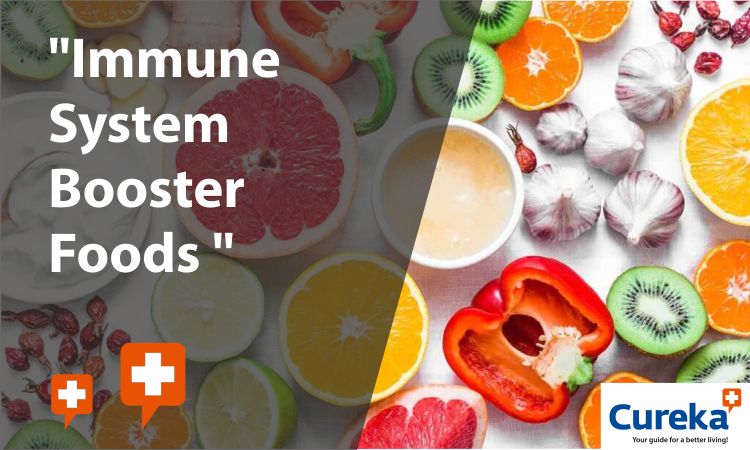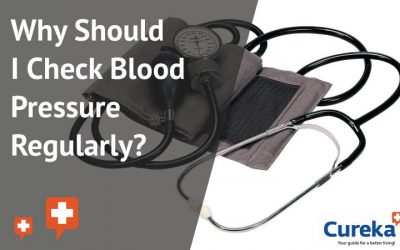Immune System Booster Foods
The immune system which defends you from any infection has to work to its optimum to protect you from infections. To boost your immunity you need to eat a “Healthy Diet” rich in fruit, vegetables, eggs and meat.
An “activated” immune system increases the demand for energy during periods of infection. Adequate nutrition is crucial to ensure a good supply of the energy sources, macronutrients and micronutrients required for the development, maintenance and expression of the immune response.
Nutrients required for the immune system to function efficiently include- essential amino acids, the essential fatty acid linoleic acid, vitamin A, folic acid, vitamin B6, vitamin B12, vitamin C, vitamin E, Zn, Cu, Fe and Se. Probiotic bacteria modify the gut microbiota which also enhances the immune function.
Vitamin C protect against respiratory and systemic infections
Vitamin D reduces the risk of acute respiratory illness . Deficiency can increase risk of autoimmune diseases such as multiple sclerosis and diabetes to mention a few.
Vitamin E can also improve acquired immunity (T-cell-mediated immunity)and increases the antibodies in response to the hepatitis B and tetanus vaccines.
Vitamin B6 regulates immune cell differentiation.
Zinc is an important micronutrient. Zinc causes widespread defects in both the adaptive and innate immune response when even on mildly deficient.
Selenium is a trace element. In the case of a deficiency, risk of chronic diseases, including cancer and cardiovascular disease increases.
Glutamine is a nonessential amino acid that provides an important energy source for many cell types including those involved in immune responses.
The gut-associated lymphoid tissue is important in health and well-being because of the large and diverse number of microorganisms in the gastrointestinal tract and its exposure to food constituents.
Probiotics are live microorganisms. When consumed in adequate amounts, confers health benefit of the individual.
It has to be borne in mind that over-nutrition and obesity also reduce immunity.
Resistance to infection can be enhanced by adding the deficient nutrients back into the diet. The nutritional status of oneself can also predict the clinical course and outcome of certain infections.
Diet alone may not be adequate, a tailored micronutrient supplementation based on specific age-related needs would be the ideal option.














